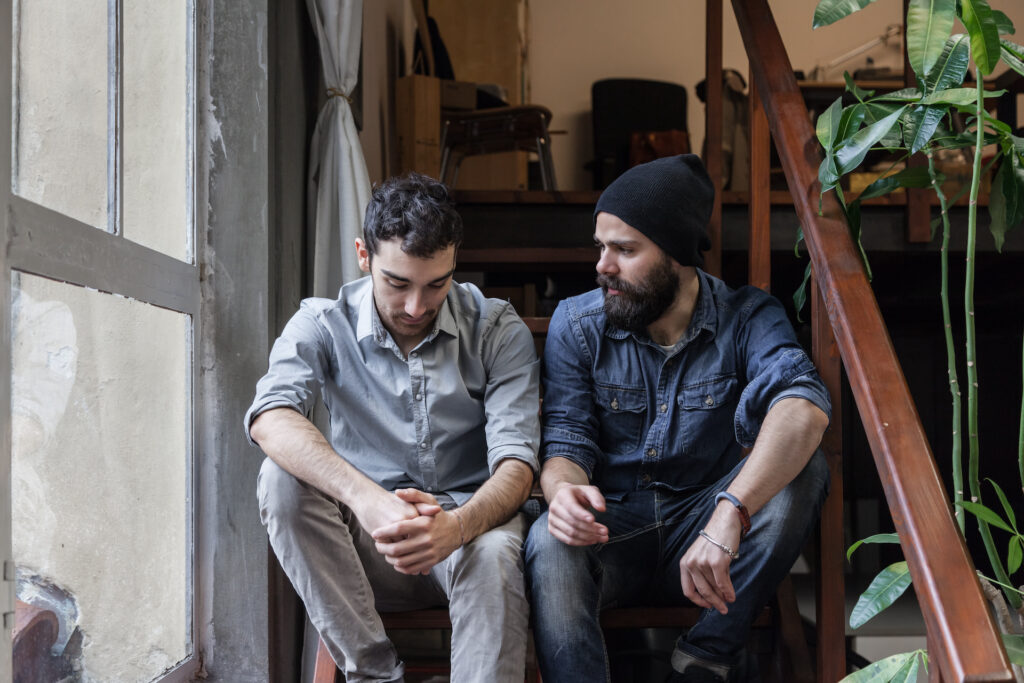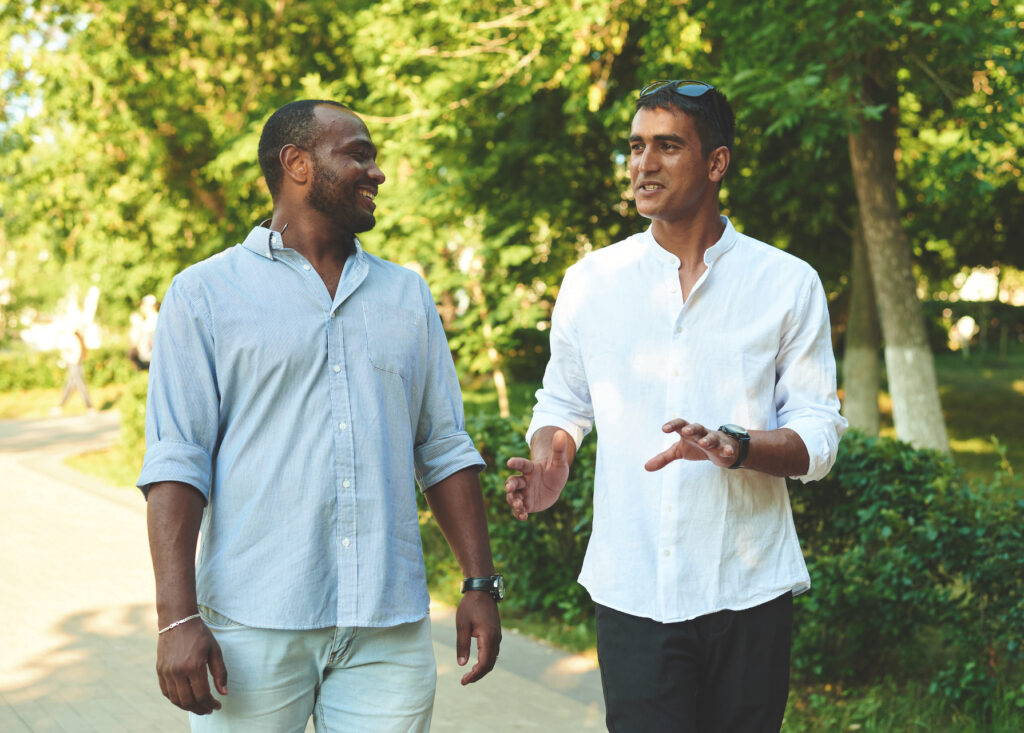Those who struggle with substance use and addiction often self-isolate due to overwhelming feelings of shame. Sometimes their shame is caused by the stigma around addiction, choosing to hide from the world as a way of protecting themselves from further hurt and humiliation.
Even though self-preservation is important and can be very helpful at times, this strategy can also backfire. The more we self-isolate out of shame, the more lonely we feel, which in turn justifies what we “knew” all along – that we are not worthy of other people’s respect, love, attention, and company.
But these thoughts aren’t true. Through this blog, I will explain the power of vulnerability and how living and speaking our truth leaves little room for shame-fueled behaviour.
Breaking the Shame Cycle
Shame-fueled isolation creates a self-fulfilling prophecy.
When we open up to someone and become vulnerable, the shame cycle breaks down. The moment we let someone in, we are no longer stuck alone with our pain and challenges. Shame cannot survive connection. Please read that again.
When there is a connection, our feelings of shame and unworthiness begin to evaporate. Connection heals. Yet, for connection to take place, we must open up and become vulnerable.

Lean Into Vulnerability
Vulnerability implies a risk. If I’m being vulnerable with you, I’m showing you a part of myself that perhaps I am ashamed of or a part of me that feels a bit shaky and not fully formed.
Think about a new skill you are slowly learning about. After a few months of practice, perhaps now you’d like to share it with someone else for the first time. This is a vulnerable moment. You could be exposing yourself to their judgment or approval, yet you cannot really know which one of the two will occur.
You’re taking a risk by letting yourself be seen. This is both exciting (or we wouldn’t do it) and scary. Without vulnerability, there is no connection. If I’m not in touch with my vulnerability, I am not truly connecting with myself, let alone connecting with others.
Understanding and Healing Ourselves Through Vulnerability
Vulnerability is also about our limitations. As human beings, we are so much more limited than we would like to admit. Take these examples: You are only so strong when it comes to carrying something, you can never know everything in life, there are only 24 hours in a day, death is a certainty and so is loss, etc. There is so much that is simply out of our control.

Being human is to have limitations. Being human is to be vulnerable due to these limitations. Practicing getting in touch with our vulnerability and vulnerably expressing ourselves (by saying “sorry” after we’ve hurt someone, or telling a loved one how we feel when we are feeling hurt, sad, rejected, etc.) is how we can make peace with our vulnerability.
When we are at peace within, we tend to feel more relational – we are no longer hiding from life either out of shame or fear. We are feeling connected within and are inspired to connect with others.
Let’s normalize vulnerability and recognize our humanity as well as that of others. Here’s something to keep in mind any time you are wondering what to do next in a relationship: When in doubt, be vulnerable.
Sunshine Coast Health Centre is a non-12-step mental health and addiction treatment centre. We take an approach that recognizes the importance of the physical, psychological, social and spiritual aspects of individuals in treatment and recovery. If you or someone you know is struggling with substance use and/or mental health, give us a call today.



